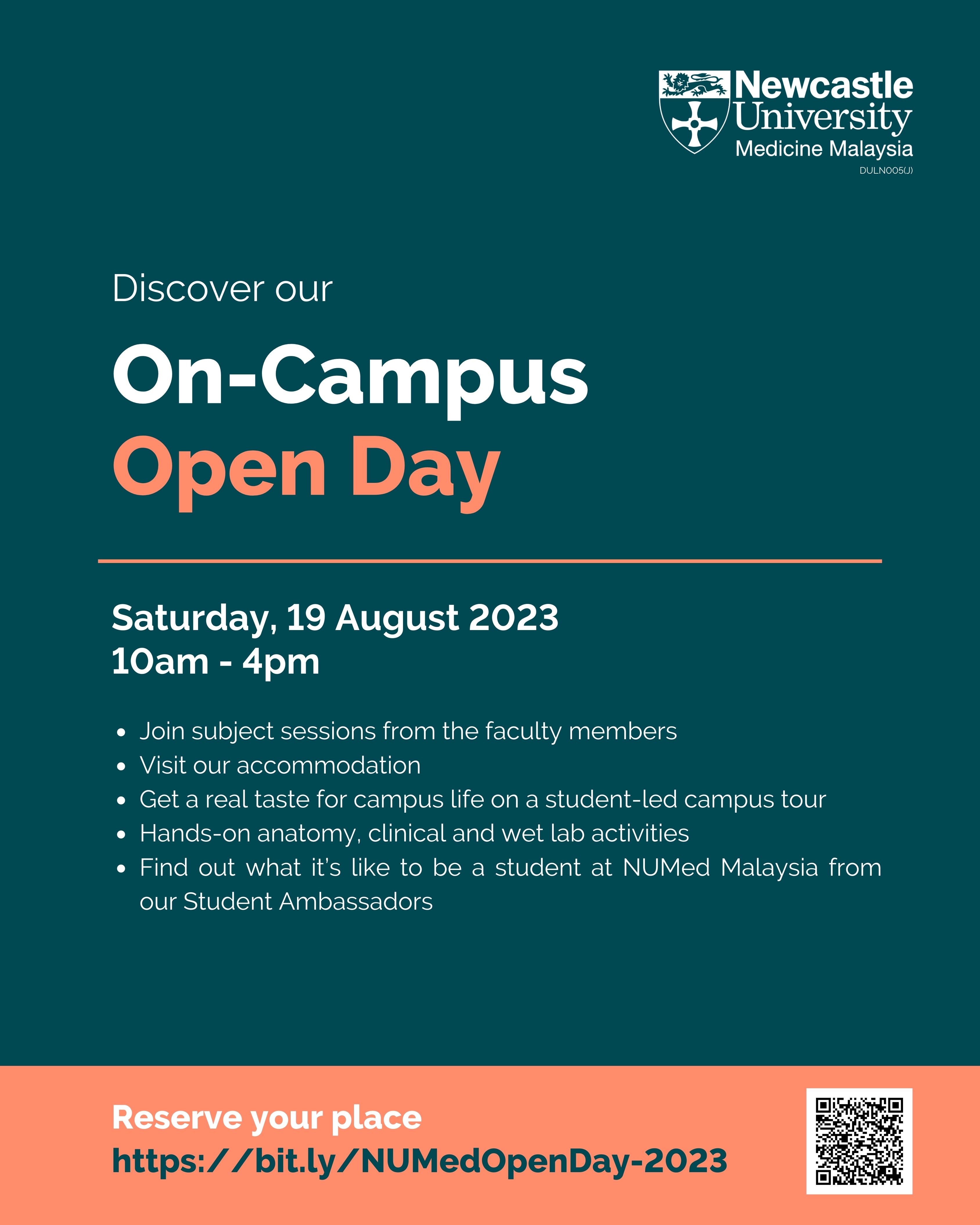CAREERS IN NURSING
Nursing is known for being one of the most noble professions in the world. This article explains what it takes to become a nurse in Malaysia.
Nursing is a healthcare profession dedicated to the care and recovery of the sick, infirm and injured. Nurses have a number of responsibilities such as preventing illness and injury, alleviating suffering of patients after surgery and advocating healthcare to the general population.
Main Responsibilities of a Nurse
The duties of a nurse include providing pre- and post-surgery care to patients, carrying out intravenous infusions and administering medicine. Nurses also have to take patient samples and monitor their pulses and temperatures, which they have to record. Other than medical duties, nurses are the ones providing emotional support to patients and their families. Higher-ranking nurses are in charge of assessing and planning nursing care requirements, supervising junior staff, organising workloads and teaching student nurses.
Academic Pathway
After finishing secondary school, individuals who are interested in becoming nurses can enrol in nursing programmes at diploma or degree level. Diploma programmes usually take three years to complete and will expose students to fundamental medical subjects, safety and health standards, communication techniques and psychological support skills. Diploma holders need to register as a member of the Nursing Board of Malaysia, which will require them to sit for additional examinations, to be recognised as a Registered Nurse. After that, they can find employment as staff nurses. Registered nurses who have three years working experience and an Annual Practicing Certificate (APC) may enrol in a Bachelor’s Degree in Nursing. This programme will take around two years to complete. Individuals who have completed pre-university programmes can pursue a Degree in Nursing, which takes four years to complete. They will then have to go through the same process as diploma holders to become registered nurses.
Job Opportunities
Nurses usually find employment in healthcare institutions such as hospitals and clinics. They are also needed in schools, hospices, nursing homes, wellness centres and the military. Experienced nurses can also go into private nursing or academia. There are a number of specialties that nurses can work in. Nurses can provide their services in surgical care, critical care, labour and delivery, paediatrics, and geriatrics among others. The more advanced nursing positions are clinical nurse specialists who take care of patients with complex ailments; nurse practitioners who diagnose and treat many illnesses; and nurse midwives who specialise in pregnancy care and the delivering of babies. Individuals with nursing qualifications are also equipped with skills to become executive medical representatives, customer service officers, occupational health officers and managers in medical related companies.
Skills Needed
Nurses need to be patient, compassionate, sympathetic individuals. This is because nurses will meet different patients every day with different needs. Also, nurses often have to work night shifts which can be tiring for the mind and body. Nurses have to be hardworking, strong and be able to handle emotionally charged and pressured situations. Teamwork is also important as nurses have to work in teams and work closely with doctors and other medical staff. Nurses also need to be in good health and have good stamina as they are on their feet for most of the day. Other than that, nurses need to have good verbal and written communication skills, multitasking skills and observational skills.
Nursing is a profession that truly helps people and makes a difference in their lives and their families. It is a profession for individuals who find joy in helping others.
Advices





News from Institutions















